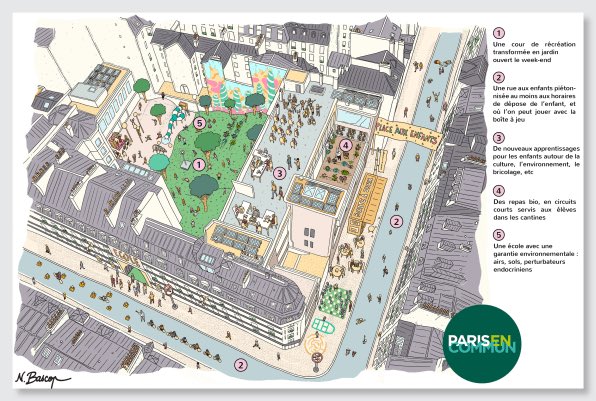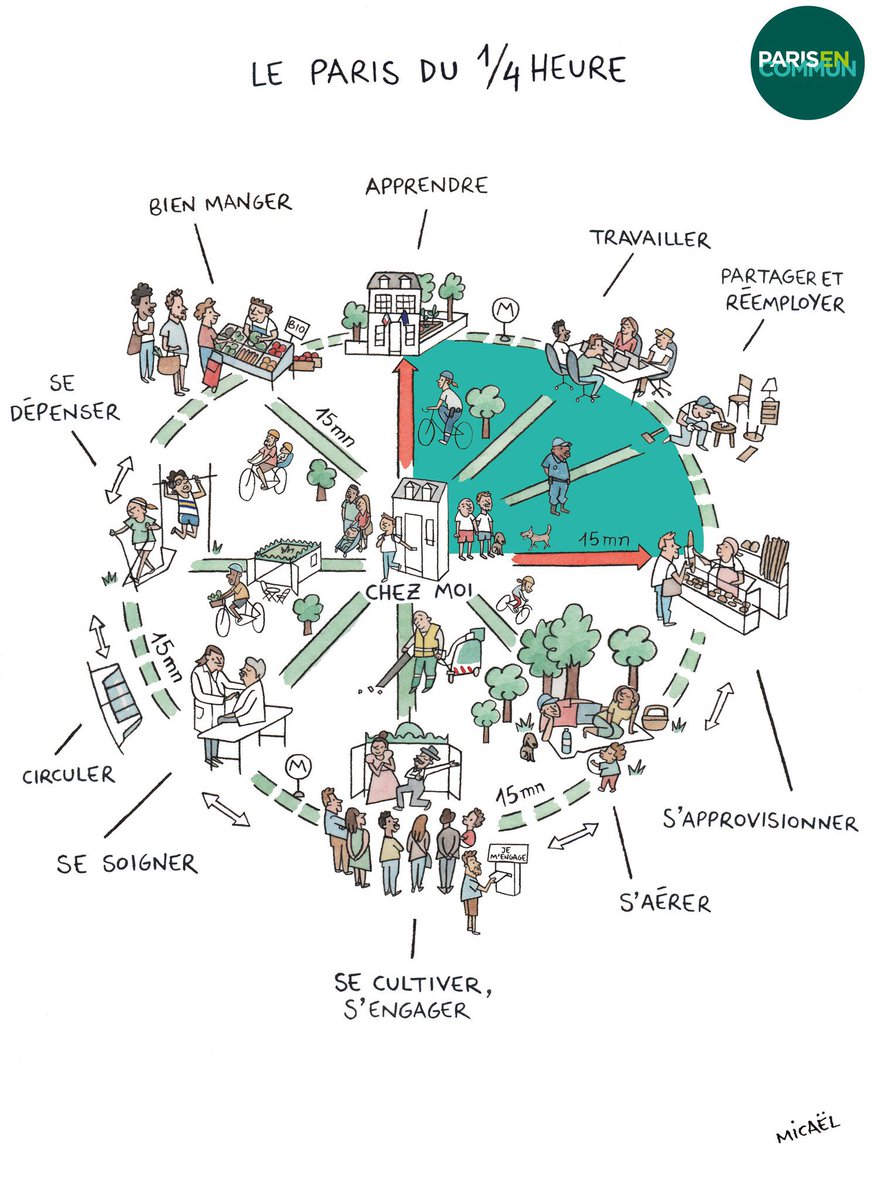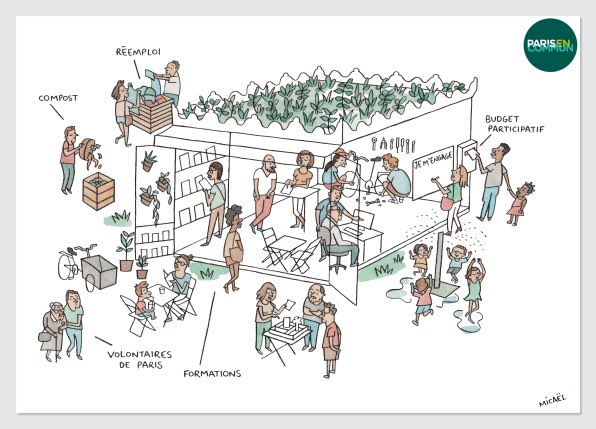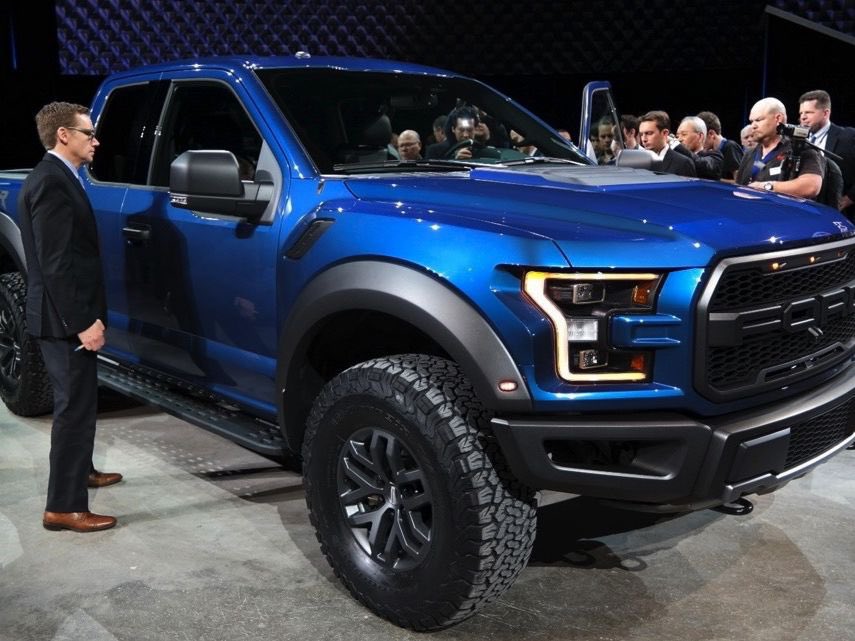
This is important for #COP26
A while back, I received a note from a Manager in the executive office of @BillGates, asking if they could send me a copy of his new book “How To Avoid A Climate Disaster: The Solutions We Have and the Breakthroughs We Need.” I was happy to say yes.
A while back, I received a note from a Manager in the executive office of @BillGates, asking if they could send me a copy of his new book “How To Avoid A Climate Disaster: The Solutions We Have and the Breakthroughs We Need.” I was happy to say yes.

She wrote: “Our aim is to get the book into the hands of as many people working to prevent a #climatecrisis as possible. It’s an issue that affects us all; the more conversations we can help start about the way we work together to get to zero, the better.”
I couldn’t agree more.
I couldn’t agree more.
I generally respect Bill Gates’ intentions in putting his energies into trying to make things better in the world. Putting aside the usual (& completely correct) comments about how billionaires should be taxed more, it’s a lot more than most billionaires are doing.
However…
However…
As you might expect, I jumped immediately to the chapter in the book called “How We Get Around.” As a city planning generalist, I’m not ONLY interested in transportation, but it’s usually a pretty good indication of whether the thing I’m reading is on the right track.
So…
So…
What I saw was that the chapter, like #COP26, was almost all about alternative (“better”) energy sources for cars.
Nothing about the fact that EVs, even if they could arrive fast enough, won’t get us far enough. Or how #JevonsParadox can mean more EV driving & bigger vehicles.
Nothing about the fact that EVs, even if they could arrive fast enough, won’t get us far enough. Or how #JevonsParadox can mean more EV driving & bigger vehicles.
I found ONE short paragraph in the chapter that gets into the huge need for ALTERNATIVES to car manufacturing, ownership & use. Here it is below.
It was a start, even though it strangely omitted public transit in the list of alternative modes.
But then the rest was about cars.
It was a start, even though it strangely omitted public transit in the list of alternative modes.
But then the rest was about cars.

Should I have expected it? Well, I let myself think “his office is sending it to me, so maybe I’ll be pleasantly surprised.”
Maybe it will share the truth, that “better car” strategies at most must come 2nd to “fewer car, less driving” strategies to get us where we need to be.
Maybe it will share the truth, that “better car” strategies at most must come 2nd to “fewer car, less driving” strategies to get us where we need to be.
But then I read something worse later in the chapter. I read this short paragraph below:
So definitively stated. A “single sentence solution” to such a complex subject, how to solve the transportation part of the #ClimateCrisis
And it’s the wrong answer.
Just like at #Cop26
So definitively stated. A “single sentence solution” to such a complex subject, how to solve the transportation part of the #ClimateCrisis
And it’s the wrong answer.
Just like at #Cop26

I’m still optimistic that @BillGates, everyone at #COP26, & all leaders everywhere will embrace the truth that all analysis shows the REAL solution has to PRIMARILY be fewer cars, less driving & much better alternatives; & yes, also lower emission vehicles. Both, but not equally.
And those claiming “sure we need more alternatives to the car, but that would take too long, so we should focus on EVs since they can be realized faster”— I’m working with cities on the big challenges of EV infrastructure growth, & without a doubt alternatives can be MUCH faster. 





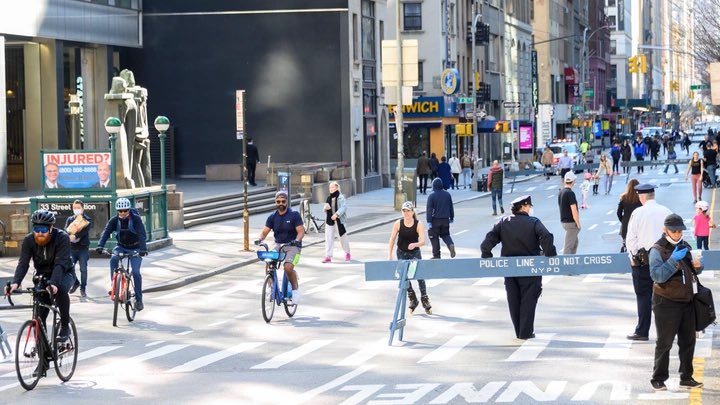

“It’s crazy cycling isn’t on the main agenda here at #COP26.”
“Instead, today’s main agenda on COP26 Transport Day focussed primarily on electric vehicles. Cycling, walking, trains, & buses were all excluded from the high-level discussions.” @carltonreid
forbes.com/sites/carltonr…
“Instead, today’s main agenda on COP26 Transport Day focussed primarily on electric vehicles. Cycling, walking, trains, & buses were all excluded from the high-level discussions.” @carltonreid
forbes.com/sites/carltonr…
“#COP26 has ignored bicycles as one of the cheapest & most efficient tools to reduce carbon emissions & fight #ClimateChange by focusing almost entirely on promoting a global shift to electric cars.” Canada should make them a priority in its climate plan.
cbc.ca/news/science/c…
cbc.ca/news/science/c…
“The promise of electric & driverless cars is that vehicles can be better for the planet & safer for us.” But “devoting our attention to tech marvels may give us a pass from confronting a deeper question: How can we make our lives less dependent on cars?”
smh.com.au/business/marke…
smh.com.au/business/marke…
“It lets Toronto Mayor John Tory pour a billion dollars of concrete into the Gardiner Expressway or Ontario Premier Doug Ford push a highway through the greenbelt because “don’t worry, we will have electric cars.” — @lloydalter in @corporateknight
corporateknights.com/perspectives/b…
corporateknights.com/perspectives/b…
One more key quote below from Bill Gates’ book, that climate scientist @MichaelEMann called “dangerously misguided.” We DO have the “tech” to address the #ClimateEmergency TODAY, including bikes, transit & better communities.
What we need is political will & fewer distractions.
What we need is political will & fewer distractions.

Those arguing against what I’m saying often cite that THEIR city is designed to be car-dependent & that transit, walking & biking are inconvenient. That’s the point. The solution is to change that. In my experience its not nearly as hard as u think IF YOUR CITY ACTUALLY WANTS TO.
I’ve seen & worked with cities making decisive changes that shatter the barriers to better cities almost overnight (by planning standards). I’ve also had mayors tell me they needn’t make ANY changes because “cars will all be electric in 10 years” (they wont & it won’t be enough).
A big problem is that anything other than car-only solutions is framed as “who wants to be that person in power who has to tell people to get out of their cars?” (reply I got today)
False narrative. Prioritizing alternatives for those who WANT them makes driving easier for all.
False narrative. Prioritizing alternatives for those who WANT them makes driving easier for all.
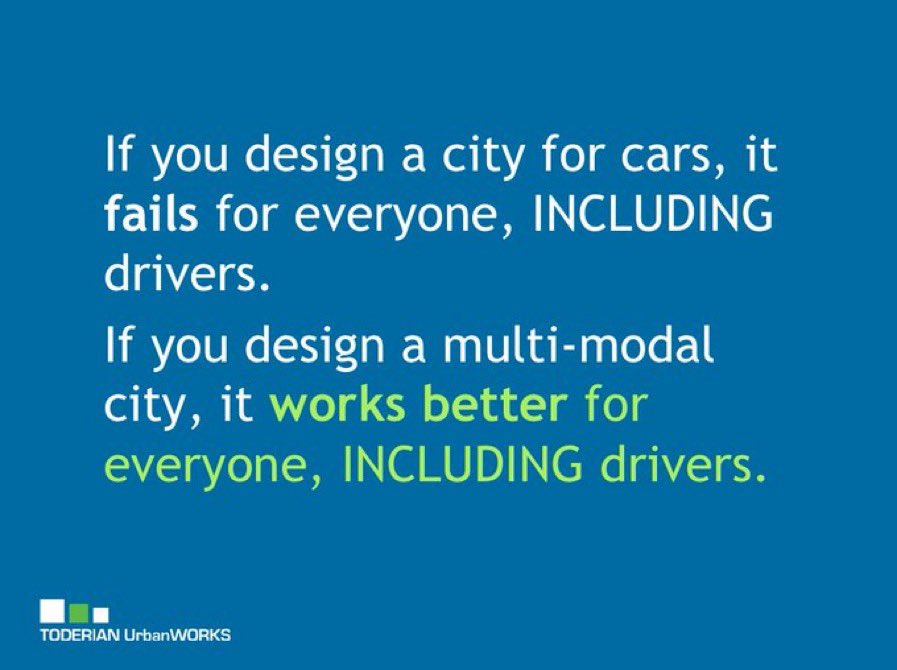
• • •
Missing some Tweet in this thread? You can try to
force a refresh












